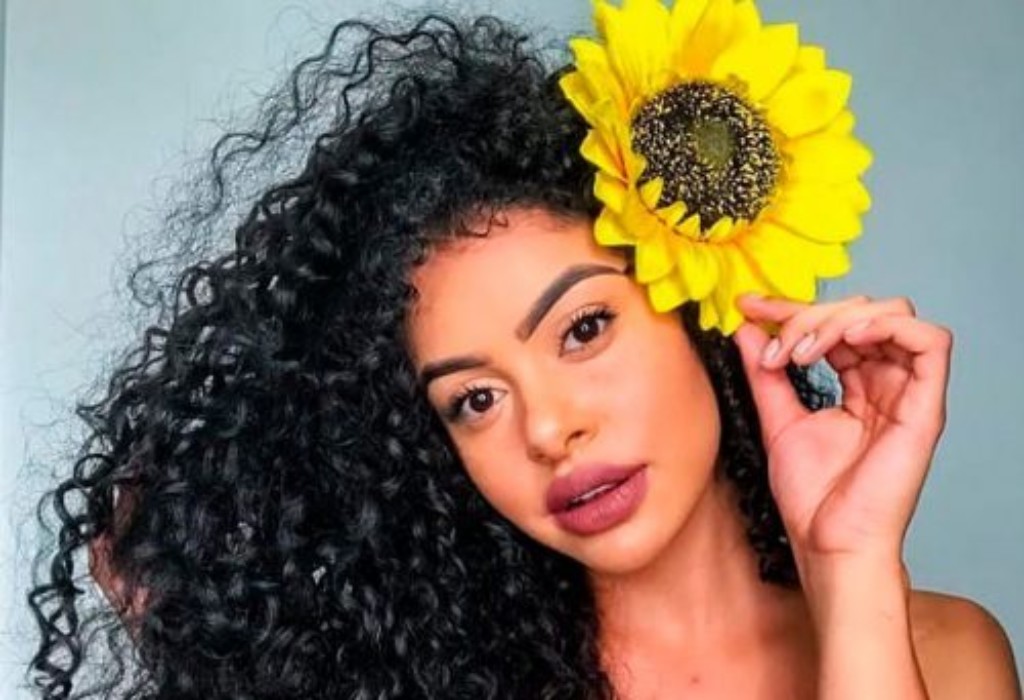
Simple Hair Care Tips For Healthy Hair
How to nurture and heal your hair examines the effects of artificially changing the structure of your hair and how food impacts the hair. In addition, how to nurture and heal your hair recommends hair care tips to help promote healthy hair growth.
First of all, hair breakage is a major problem that relates to the strength of the hair. And differs according to racial groups. For instance, Asian hair is the most resistant to breakage, white hair is intermediate, and black hair is the most susceptible to breakage. Hair strength also depends on whether your hair is wet or dry. For example, fragile black hair is less likely to break during combing when the hair is wet. However, black hair is prone to damage from perming, relaxing, or dyeing when compared to Asian or white hair.
Effects Of Artificially Changing The Structure Of Your Hair
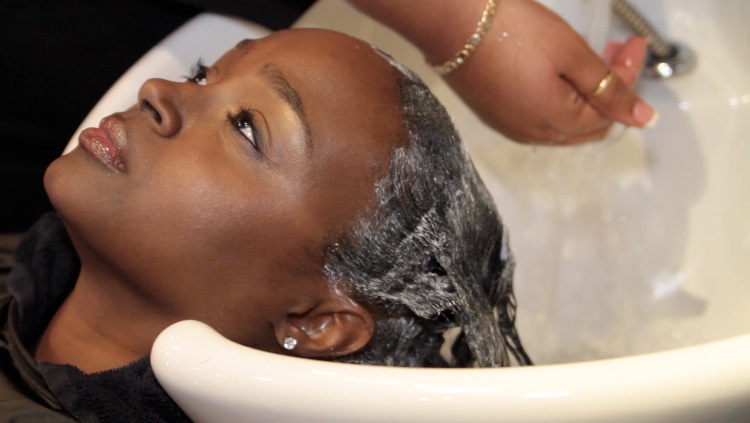
There are many grooming practices designed to straighten curly hair. These include the application of heat to temporarily straighten the hair structure or chemical relaxers for permanent straightening. Sadly, applying heat and chemicals changes the structure of your hair. The effects are as follows:
- Decrease the overall strength of your hair.
- Reduction in the lubricants on the surface of the hair shaft.
- Weathering is the wearing away of the outer layer of the hair.
Aside from chemical relaxers, other products on your hair such as dyes, hair sprays, gels, and mousses can also increase weathering. And equally, reduce the natural lubricants on your hair.
Hair Care Tips for Healthy Hair Growth
While you are familiar with basic hair care grooming like combing, brushing, shampooing, conditioning, drying, and possibly chemical treatment. You can still benefit from the following hair care tips based on your hair type.
Shampooing

Healthy hair care begins with a clean scalp. The frequency of washing depends both on the type of hair that you have, your hairstyle, and the chemicals you use on your hair. In general,
- Shampooing weekly is appropriate for most hair types.
- Shampooing every other day or twice weekly is appropriate for oily hair.
- Shampooing every 10-14 days may be acceptable for some women of African, African American, or African Caribbean descent.
- It is not healthy to wash once every three weeks or once every four weeks.
- Conditioning your hair after shampooing is essential for healthy hair. So, select a conditioner appropriate for your hair type. Whether it is dry hair, normal hair, chemically treated hair, etc.
Itching and flaking

- Itching and flaking of the scalp may be a sign of seborrheic dermatitis or psoriasis. If it does not resolve with weekly shampooing using a medicated shampoo, see your doctor.
Combing and Brushing
- Comb your hair immediately after washing with a wide-tooth comb, and with minimal pulling.
- Only brush and comb your hair to create your hairstyle. This is because over-brushing can lead to hair damage and breakage. Brushing oily hair will make it look oilier.
Heat application
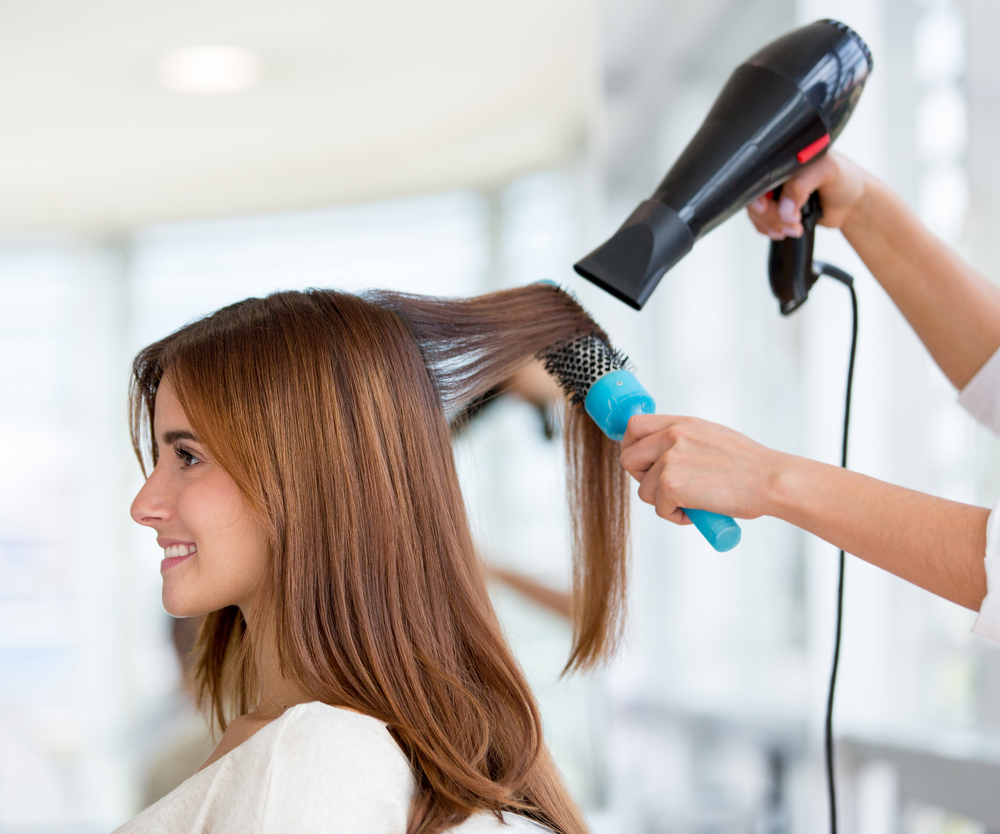
- Reduce the amount of heat that is applied to your hair, whether from blow drying, curling irons, or hot rollers. Consider a wet set and then avoid heat applied to your hair for the remainder of the week.
Trimming
- Trimming your hair every 8-12 weeks to remove the damaged ends will lead to healthy hair
Chemical treatment

- If your hair is relaxed, consider getting touch-ups every 8-10 weeks. Always follow the manufacturer’s directions. And do not let the chemical burn or sting your scalp.
- Avoid the use of both chemical relaxers and hair dye together. Select one or the other, but not both, for healthier hair.
- If you notice hair loss or hair damage, see a dermatologist immediately. Do not attempt to cover the area with braids or hair weaves because they often create more damage.
How Food Impacts Your Hair

Millions of people from all around the world suffer from dry, brittle, and weak hair. And one major reason for unhealthy hair is poor diet.
Other possible reasons are too much work, illness, over-exposure to the sun, relaxing or chemical straightening, bleaching, or dyes. But eating foods rich in vitamins and minerals will help protect your hair. The following tips will put you on the right track:
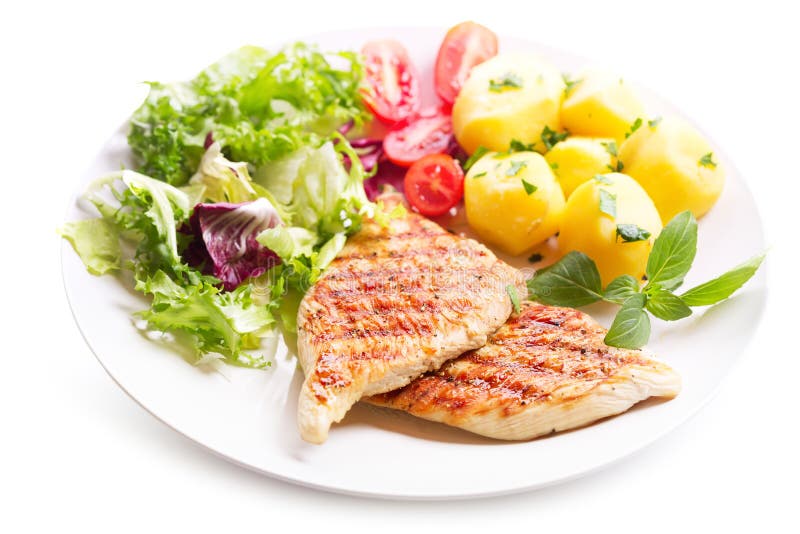
- A high-protein diet with plenty of fruits, green vegetables, and dairy products is a must.
- Drink 10-12 glasses of water every day.
- Iron is important for healthy hair. Spinach has a good iron content, so eat plenty! vitamin B group is essential for gloss, color, and thickness. As such, a shortfall in Vitamin B may cause dandruff, falling hair, and loss of color and could encourage grey hair. Vitamin C ensures the health of capillaries supplying blood to hair follicles. Hence, ensure your diet includes plenty of fresh fruits and veggies. Vitamin E encourages hair growth, so change from refined flours to wholemeal and wheat germ, eggs, and vegetable oil.
- Zinc helps prevent hair loss and greying. Therefore eat adequate zinc-rich foods. Also, if you are overweight and your hair falls too much, you may want to increase your intake of zinc-containing foods. Recipes containing stone ground, and whole-grain flour are rich in zinc.
Bottom Line
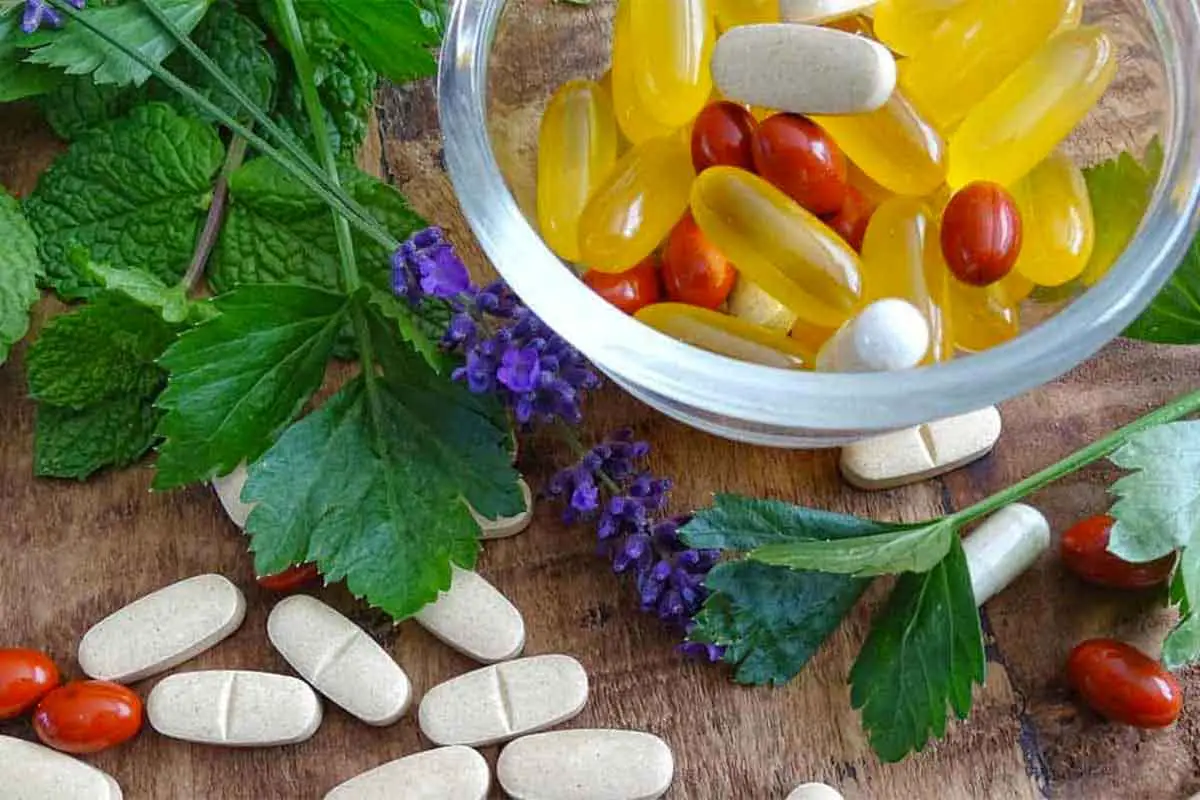
You have your own unique type of hair. It may be short, long, straight, curly, relaxed, dyed, locked, hot-combed, or permed. Whatever your hair type, the goal is how to nurture and heal your hair to make it healthy and lustrous.
In order to attain hair health from the outside, always use a thermal-protecting product when you style. If you use a blow dryer or curling iron make sure you use a conditioner as well. And getting a trim every six to eight weeks will take care of the split ends. Lastly, for healthy hair from the inside, eat food rich in vitamins and minerals.
Photo Credit: Creative Commons
https://www.webmd.com/beauty/ss/slideshow-foods-healthy-hair


